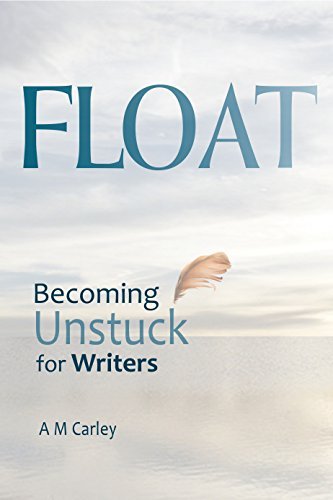It’s Time to Interview Your Own Inner Diminisher
If an inner voice criticizes your creativity, consider addressing the judgy elephant in the room. To whom does that voice belong?


Today’s post is by writer and creativity coach Anne Carley (@amcarley.bsky.social) who is a fan of #becomingunstuck.
Do you feel stuck because you’re convinced that you’re just shoving words around, not really being creative?
Do you often notice harsh commentary in the background when you draft and/or review your words?
Does a voice inside natter or spew or snipe at you?
If taking a break, drinking water, slicing vegetables, or other simple fixes aren’t freeing you from the influence of that voice, consider addressing the judgy elephant in the room.
Whose voice is telling you that you’re not creative?
What is and isn’t creative
My friend, Jan, spoke calmly. “I wasn’t being creative. I was just picking up words and phrases and changing them around.”
I said, “That’s what being creative is.”
Jan was visibly startled and asked, “How can you say that? I’m shocked that you’d think that.”
As we kept talking, Jan explained their belief that “creativity” is limited to the supreme artistry of the handful of people at the pinnacles of excellent work—the people who do it effortlessly, who lived on a different plane from the rest of us. Jan learned this in childhood, and has always lived with that narrow view. Creativity belonged only to world-famous artists, performers, writers, and inventors—not regular people. And those supernovas didn’t have to work for it, either.
I encouraged Jan to pause and appreciate their problem-solving skills. Pause and appreciate that they can make something from nothing. Pause and appreciate the beneficial impact their words have on others.
“Normal” creativity
Consider your own inner diminisher. Jan’s told them they had nothing creative to offer because Jan wasn’t Michelangelo or Toni Morrison or J.S. Bach. Who do you compare yourself to? Whose stellar achievements make yours look shabby and small? What does “normal” creativity look like to you? Like Jan, do you get smacked down by these messages so routinely that you consider it a cost of doing business—just part of an often miserable writing process?
Who taught you that your talents as a writer are limited or nonexistent? Who suggested that you’re not creative enough? Is that person worth listening to? Does that person deserve to hold power over you?
If any of this sounds familiar, you may want to conduct an interview with the source(s) of that negative commentary.
Whose voice is it?
Sometimes writers know at once who’s speaking in these unhelpful, critical ways. It’s often a close relative or teacher from the past. With other writers, the voice is a composite of fears and hidden desires. Sometimes it’s the “mean girls” and their ilk, from the writer’s middle school or adolescent years.
My father taught voice and directed choral groups. When he chatted with an adult who announced an inability to sing—and usually declared, “I can’t carry a tune in a bucket”—my dad asked this:
“Who taught you that?”
Invariably, he explained, every person had an answer. They recalled the exact details: the name, role (teacher, choir director, relative), and time in childhood when this determination was made.
Take the time you need to recognize the source or sources of the unhelpful voice(s) inside you. Then interview yourself. Is this commentary to be trusted? Whose is it? Is it your voice, or someone else’s? Like Jan, did someone instill such high standards in you that nothing you ever do will measure up? Like my dad’s singers, did someone crush your creative dreams when you were young? Do you still hear those judgmental opinions inside your head, as though they are your own?
Gaining a little distance, separating you from the pesky unhelpful voice, can be an important step toward creative confidence and autonomy. We work hard enough at our craft. Jettisoning external impediments—like the messages that aren’t even ours—makes a lot of sense.
Do you notice that your writing gets a little easier when you dismiss the voices that aren’t yours?
Note from Jane: This post is based in part on “Who Taught You That?”, a tool from Anne Carley’s handbook, FLOAT: Becoming Unstuck for Writers now available in its second edition wherever paperbacks and ebooks are sold.













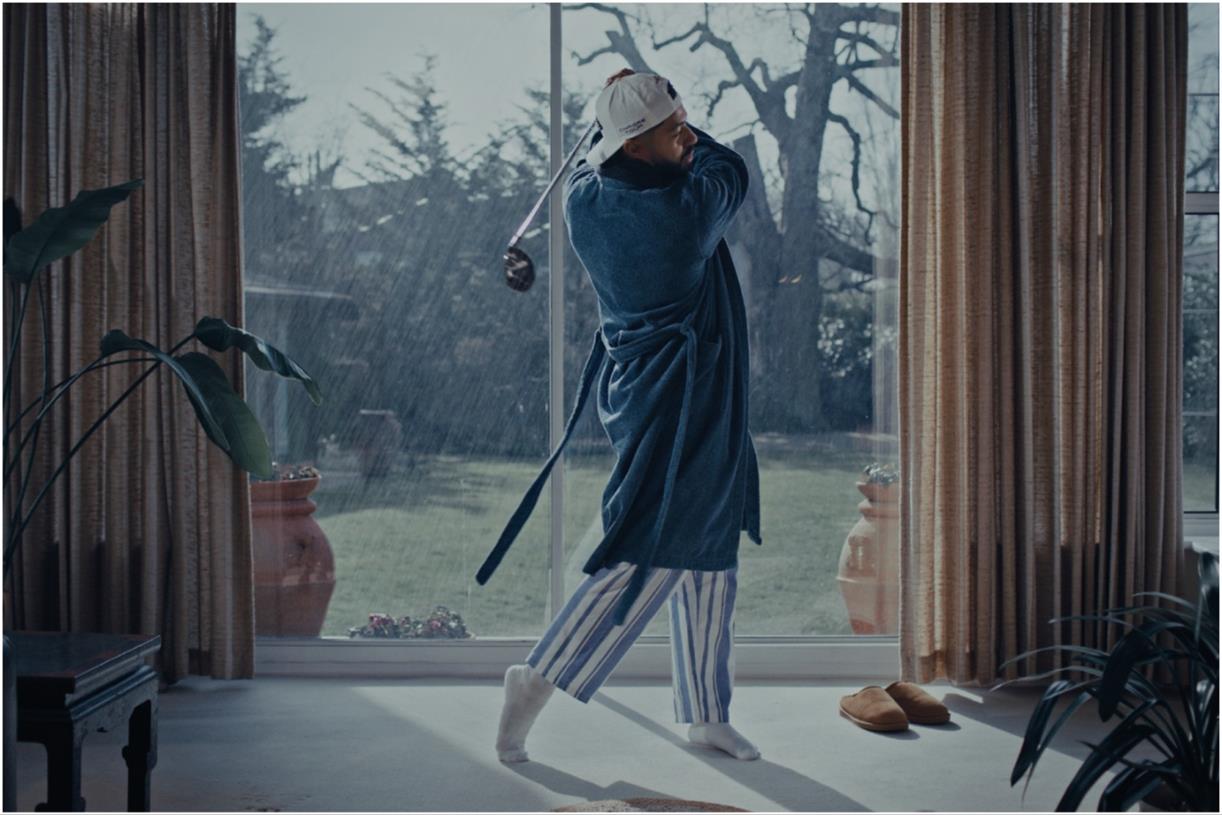





































![How Marketers Are Using AI for Writing [Survey]](https://www.growandconvert.com/wp-content/uploads/2025/03/ai-for-writing-1024x682.jpg)
















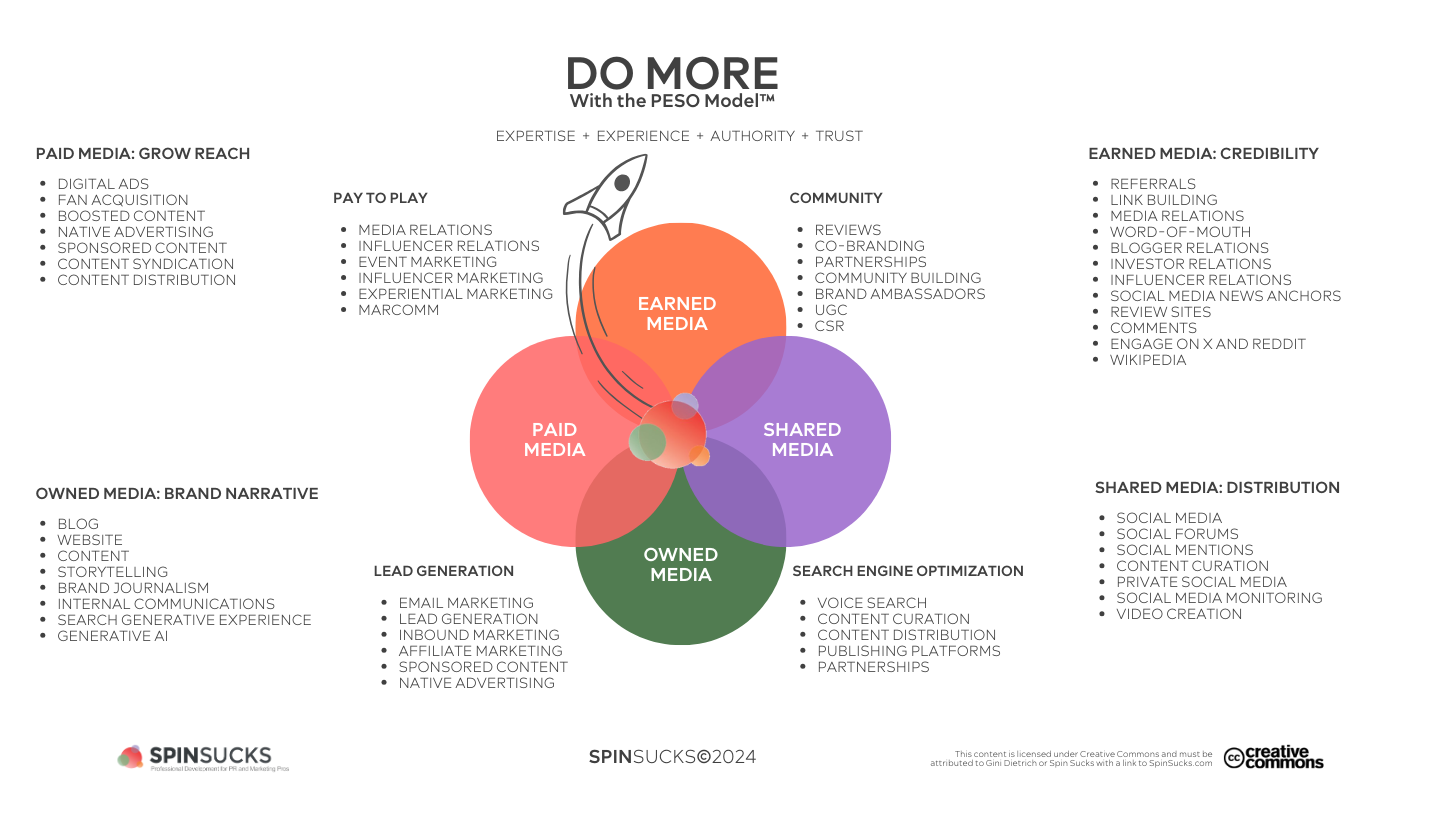
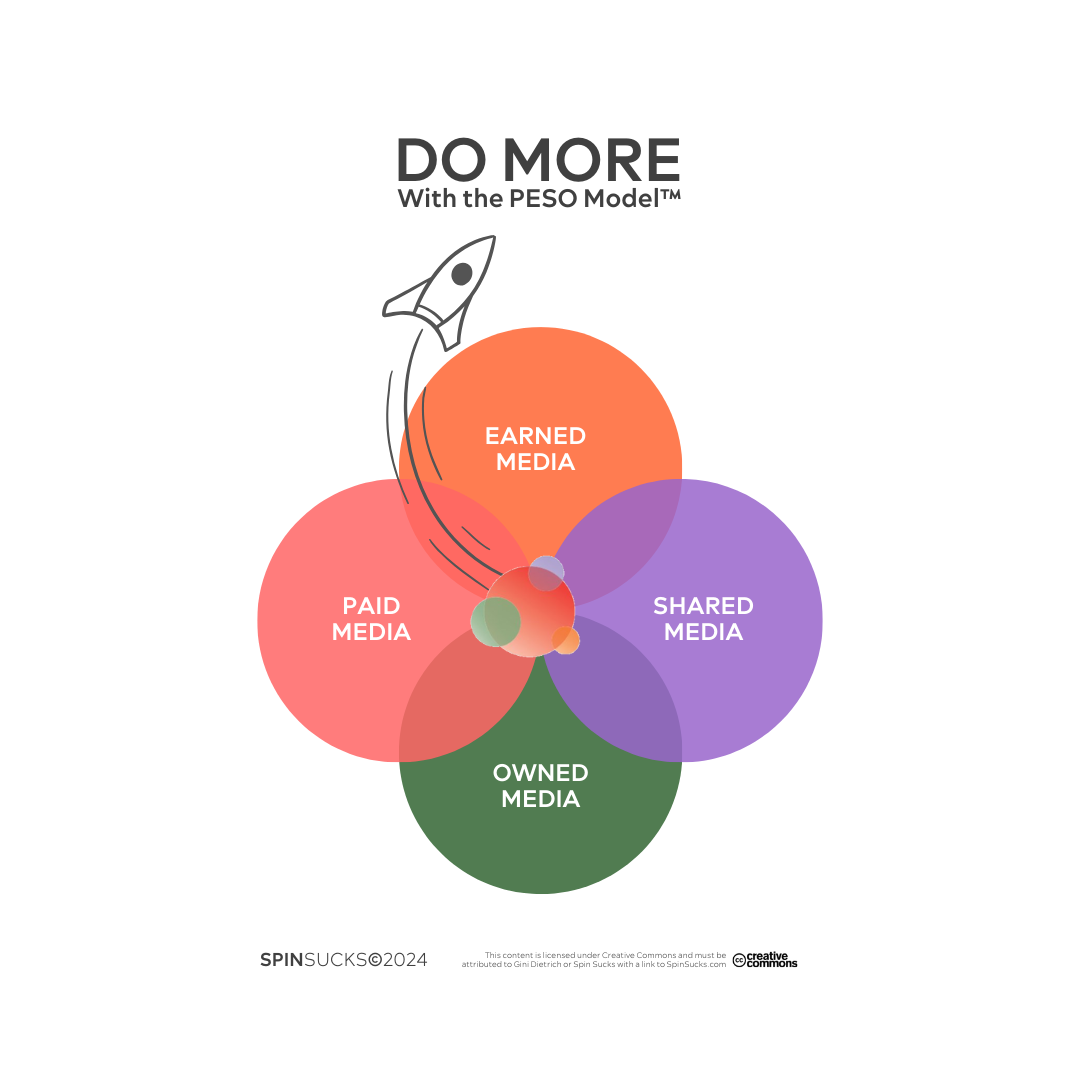




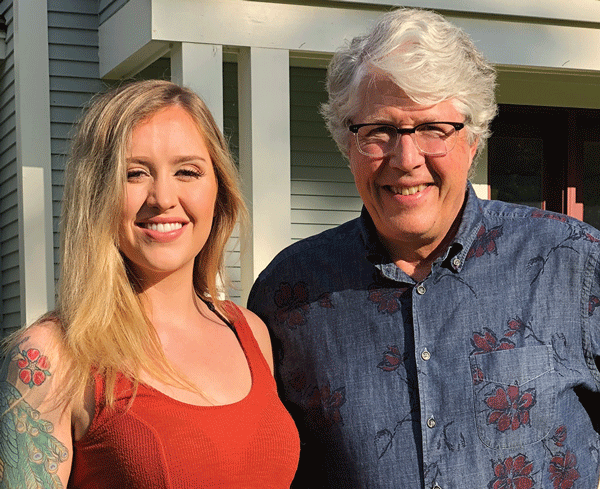
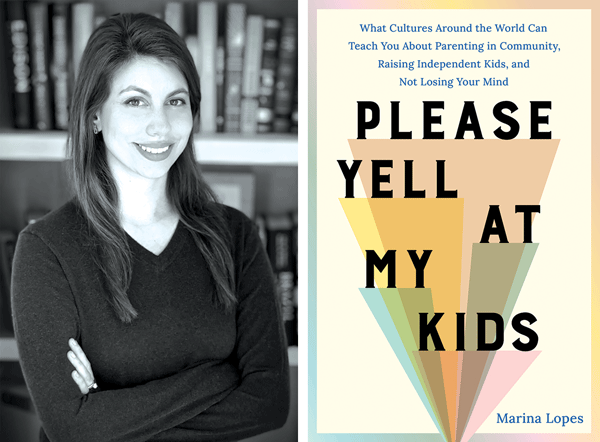











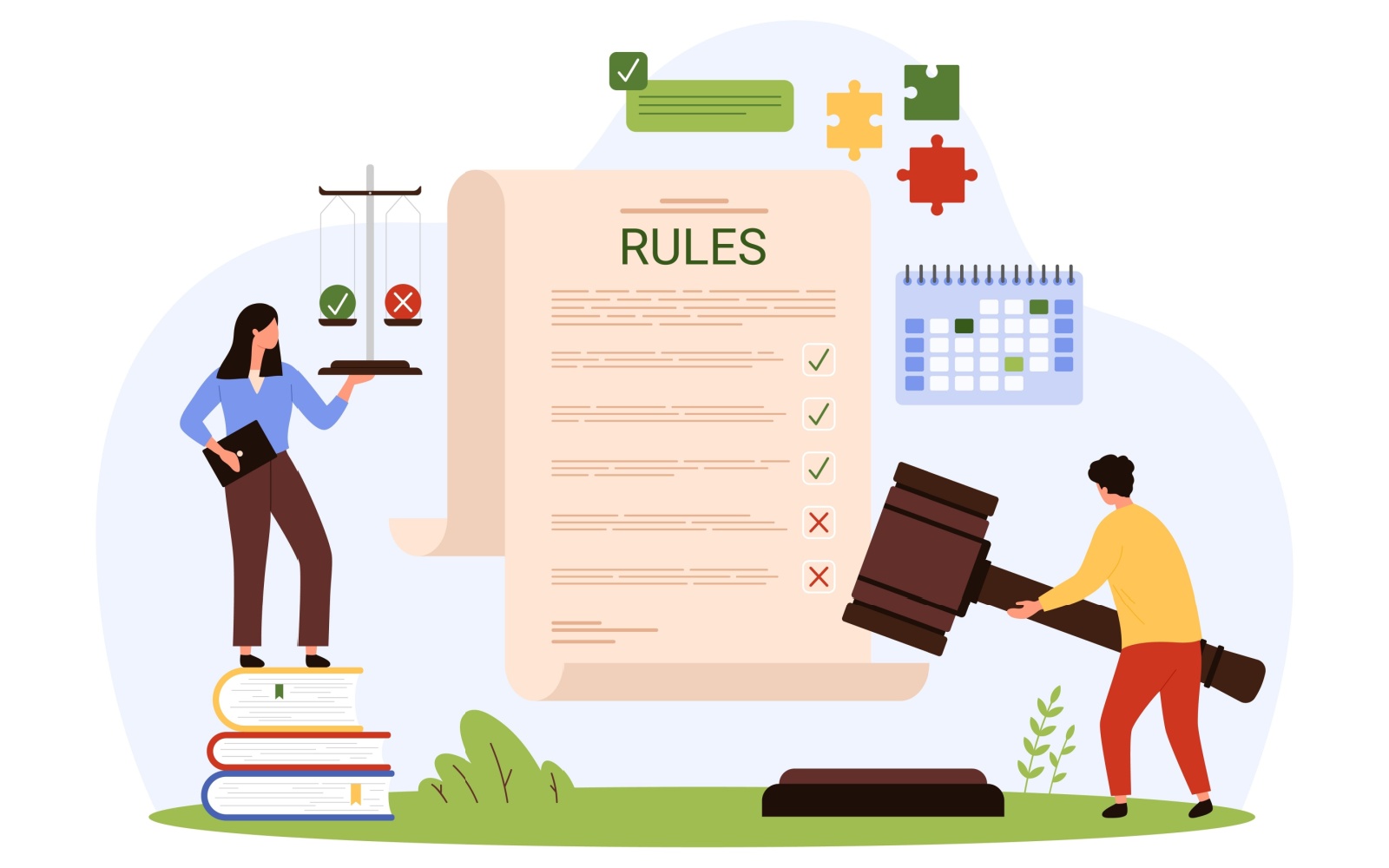












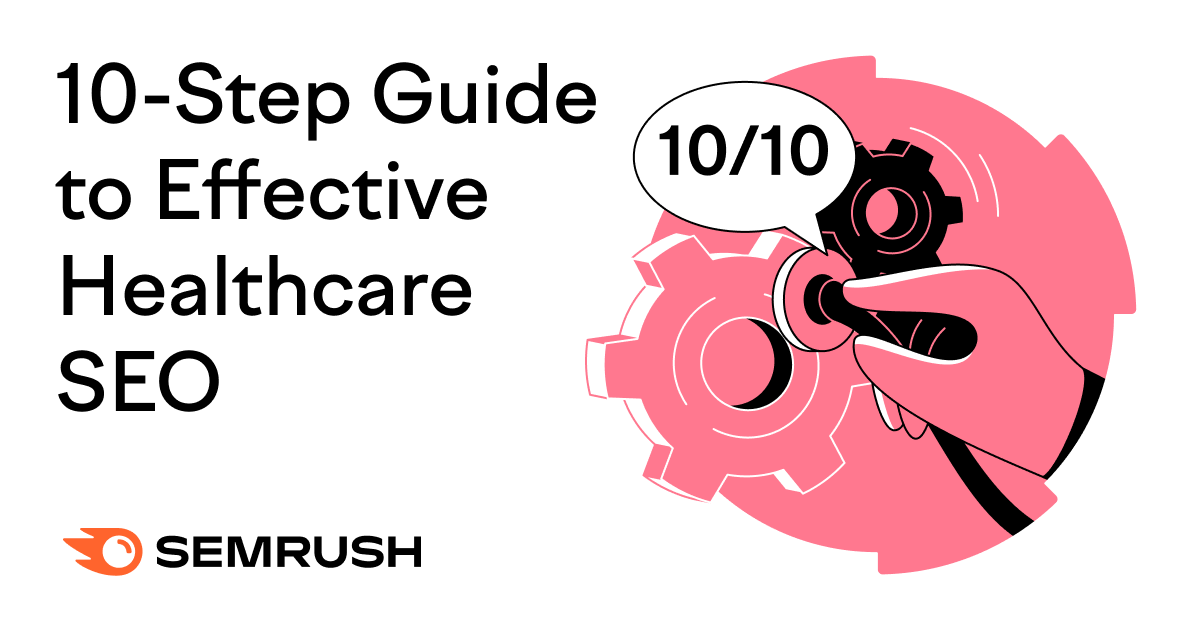

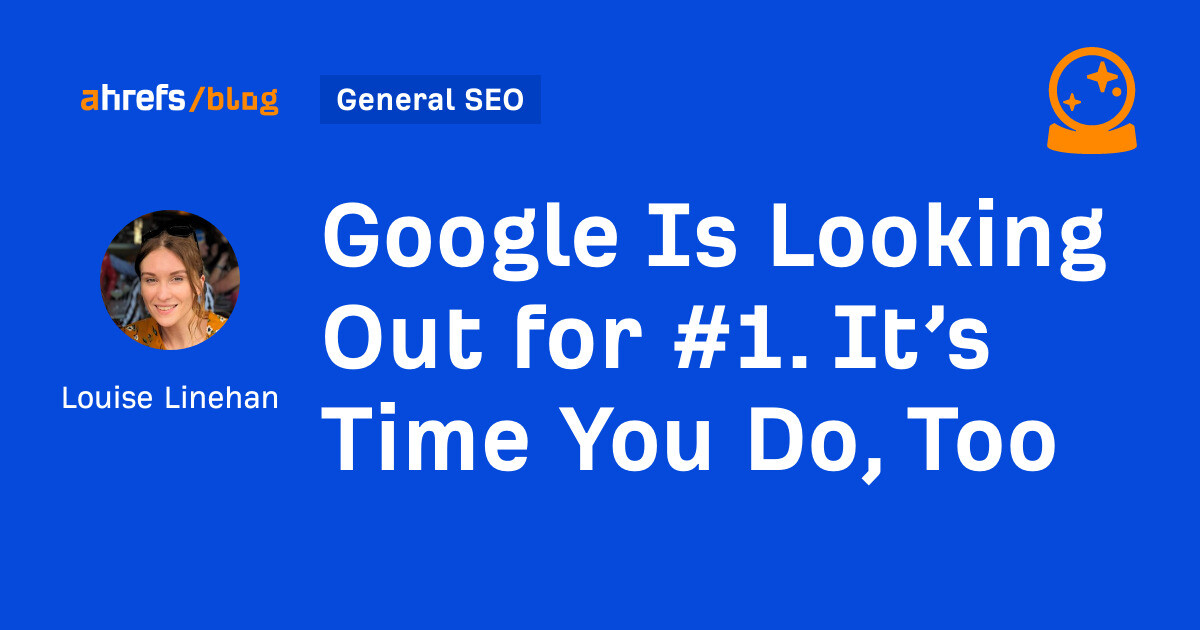
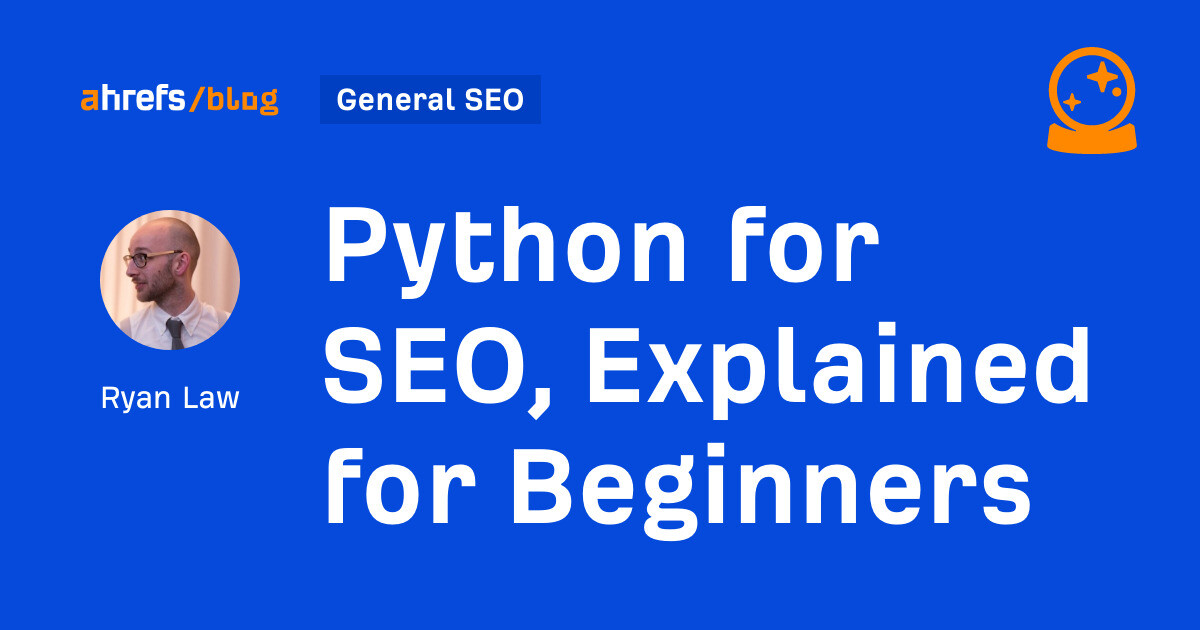

![How Meta Makes its Money [Infographic]](https://imgproxy.divecdn.com/Kn_lAdtd3hjL-g3cebdKw3vQ_uTSMewIOId-plpm62o/g:ce/rs:fit:770:435/Z3M6Ly9kaXZlc2l0ZS1zdG9yYWdlL2RpdmVpbWFnZS9tZXRhX2Fkc18yLnBuZw==.webp)
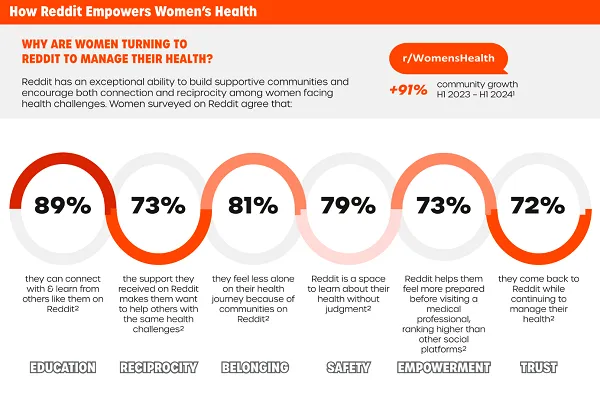












![311 Instagram caption ideas [plus free caption generator]](https://blog.hootsuite.com/wp-content/uploads/2022/07/instagram-captions-drive-engagement.png)

![How Conversion Funnels Create a Better Customer Journey [+ Tips to Optimize Yours]](https://www.hubspot.com/hubfs/Conversion%20Funnel.png)


![How to Create a Complete Marketing Strategy [Data + Expert Tips]](https://www.hubspot.com/hubfs/marketing-strategy.webp)




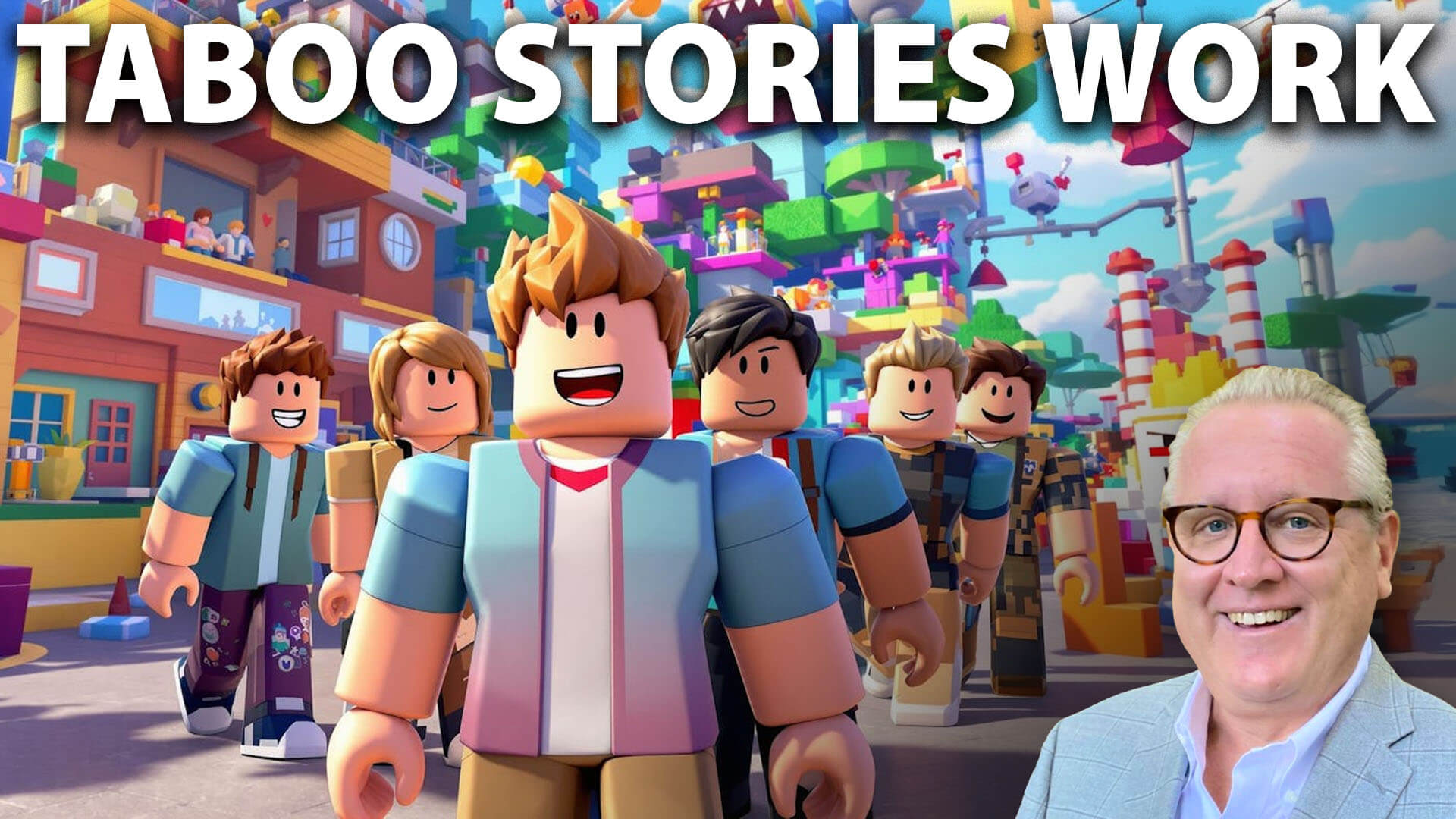

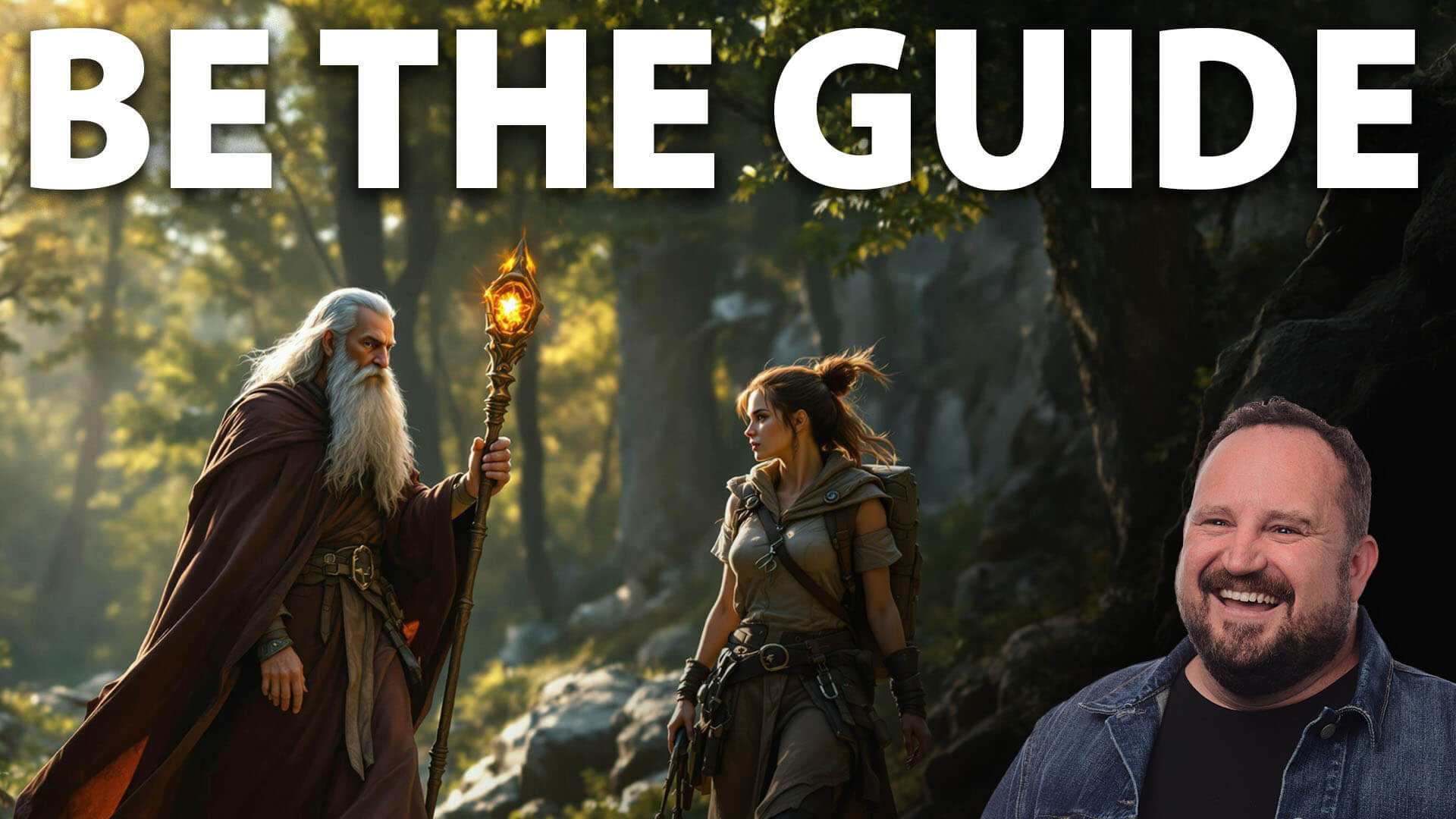





![Best times to post on Facebook in 2025 [Updated March 2025]](https://media.sproutsocial.com/uploads/2024/04/Best-times-to-post_2024_feat-img_fb.jpg)




